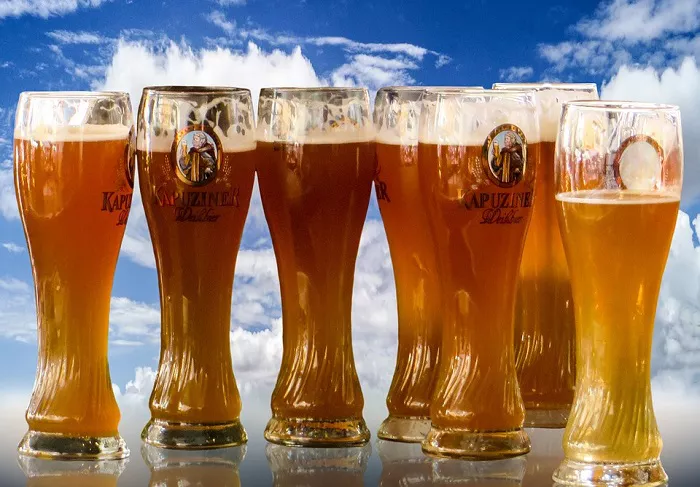In the first quarter of 2025, Russian beer exports surpassed 33,000 tons, marking a 25% increase compared to the same period in 2024, according to preliminary data from the state-run agro-industrial agency, AgroExport. This surge in export volume comes amid a significant downturn in domestic alcoholic beverage production, which dropped by 25.6% year-on-year in February 2025. This marks the lowest production level for the first quarter of any year since 2017.
Russian beer producers have increasingly turned to international markets as domestic demand continues to wane. The country’s primary export destinations now include Belarus, Kazakhstan, China, Abkhazia, and Tajikistan. These markets reflect a strategic pivot by Russian manufacturers, who are responding to both a shrinking domestic market and the impact of tougher fiscal policies and public health initiatives aimed at reducing alcohol consumption. The declining domestic production and shifting economic priorities have prompted manufacturers to explore new growth opportunities in neighboring and regional markets.
The Russian alcoholic beverage industry has also been significantly impacted by international sanctions stemming from the ongoing conflict in Ukraine. Notably, the European Union’s ban on Russian vodka imports has eliminated a key market for the sector, leading to a complete withdrawal of the product from retail shelves across Europe. In response, Russian companies have increasingly focused on Central Asia and nearby countries, where political and economic ties remain stable.
Before the onset of the conflict in February 2022, Russia’s beverage industry was one of the fastest-growing segments of its food sector, with some categories experiencing annual growth rates as high as 15%. However, the country’s economic isolation and heightened state intervention have reversed this trend, forcing foreign companies operating in Russia to reassess their positions.
In 2022, Anheuser-Busch InBev, the world’s largest beer producer, announced its decision to sell its stake in a Russian joint venture to Turkish partner Anadolu Efes. However, in April 2023, the Russian government intervened, placing the shares under temporary state control via a presidential decree, effectively blocking the transaction.
Similarly, Carlsberg, another global beer giant, attempted to exit the Russian market. After extended negotiations, the company completed the sale of its Russian subsidiary, Baltika Breweries, to a new entity. This transfer of ownership occurred after the Russian state assumed control of the company, leading to the establishment of a new firm led by two former Baltika employees, Yegor Guselnikov and Alexander Tolmachev. Baltika operates eight breweries in Russia and produces over 50 beer brands.
This shift in ownership and export strategy reflects the broader challenges and adaptations within Russia’s alcoholic beverage industry, as it navigates both domestic and international pressures.
You Might Be Interested In:


